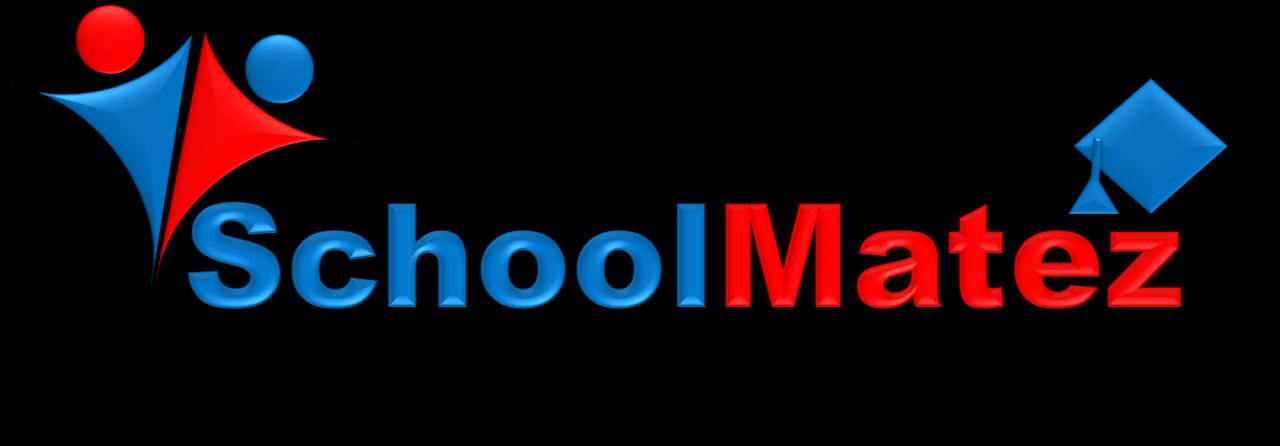Title: Senior Private Sector Specialist
Job Description
Working at the World Bank Group provides a unique opportunity for you to help our clients solve their greatest development challenges. The World Bank Group is one of the largest sources of funding and knowledge for developing countries; a unique global partnership of five institutions dedicated to ending extreme poverty, increasing shared prosperity and promoting sustainable development. With 189 member countries and more than 120 offices worldwide, we work with public and private sector partners, investing in groundbreaking projects and using data, research, and technology to develop solutions to the most urgent global challenges. For more information, visit www.worldbank.org
The Finance, Competitiveness and Innovation (FCI) Global Practice combines expertise in the financial sector with expertise in private sector development to foster private-sector led growth and help create markets in client countries. FCI’s core lines of business are: (a) Financial Stability & Integrity; (b) Financial Inclusion, Infrastructure & Access; (c) Firm Capabilities & Innovation; (d) Long-Term Finance; (e) Climate & Risk Management; (f) Markets and Technology; and (g) Investment and Competition. For more information, please visit https://www.worldbank.org/en/about/unit/fci
Eastern and Southern Africa: Home to about half a billion of Africa’s people, Eastern and Southern Africa is a geographically, culturally and economically diverse region of 26 countries stretching from the Red Sea in the North to the Cape of Good Hope in the South. Children under 18 make up almost half of the total population. The subregion boasts of some of the world’s richest human and natural resources and, apart from South Africa, the countries are predominantly raw material exporters.
The subregion harbors some of Africa’s protracted conflicts, rendering many of its countries fragile, while significant gaps in education, health, and skills development continues to keep people from reaching their full potential. This creates a huge development challenge, impacts heavily on the lives and livelihoods of people, and hinders regional integration and trade. But it also creates an opportunity to work closely with country leaders, civil society, development partners, and young people to chart a brighter course for the future.
The World Bank’s Eastern and Southern Africa Region, comprised of approximately 1,207 staff, mostly based in 26 country offices, has been helping countries realize their considerable development potential by focusing on the following priorities:
- Creating Jobs and Transforming Economies: We are working with countries across Africa to stimulate job creation and economic transformation by leveraging all sources of finance, expertise, and solutions to promote investment.
- Building up the Digital Economy: We are supporting Africa’s vision to ensure that every African individual, business, and government is connected by 2030 – a vision that, if realized, can boost growth by up to 2 percentage points per year, and reduce poverty by 1 percentage point per year in Sub-Saharan Africa alone.
- Institutions more Efficient and Accountable: Our support is helping governments strengthen public policy processes, manage resources effectively, and reinforce fair and reliable delivery of public services.
- Investing in People: We are at the forefront of helping African countries accelerate human capital gains and empower women by improving their access to education and skills acquisition, sexual and reproductive health services, and employment opportunities. With the influx COVID-19, we are mobilizing financial support and timely analysis and advice to countries across the subregion deal with the pandemic.
- Supporting Climate Change Mitigation and Adaption: In the face of increasing climate-related risks, we are working with African countries to advance efforts to adopt renewable energy, climate-smart agriculture, and green infrastructure. A number of East African countries are currently facing a debilitating Desert Locust infestation, threatening the already precarious food security situation. The Bank has put together a program to help affected countries deal with the scourge.
- Addressing the Drivers of Fragility, Conflict, and Violence: Given the cross-border nature of conflicts in Africa, we are employing an approach that simultaneously focuses on the drivers of fragility while also supporting well-targeted regional initiatives to create opportunities for peace and shared prosperity.
- Building Partnerships and Working across the African Continent: We are scaling up our work on regional integration, taking a holistic view of the continent that covers both North and Sub-Saharan Africa.
The World Bank is a dedicated partner for Eastern and Southern African countries, helping them deliver strong development outcomes for their people. A brighter future for Africa is a better future for the world.
The position is for the Finance Competitiveness and Innovation (FCI) East Africa Unit to be based physically in the World Bank Dar Es Salaam office. The primary focus of activities will be on the Tanzania work program, although cross-support to other countries may evolve. This position offers an opportunity to be an integral part of the World Bank’s engagement to support the country’s reform process and to work closely with policy makers, civil society, development partners, and the private sector to chart a brighter course for the future. The current FCI country portfolio includes a strong engagement with the Bank of Tanzania (BOT) on financial sector deepening and reform; an enterprise survey; advisory and technical assistance (TA) on private sector reform and institutional building; policy dialogue and regulatory reform advisory to improve the business and investment environment; and a lending operation to facilitate financing private sector growth and competitiveness. The work includes leading knowledge and advisory activities and managing the dialogue with client counterparts on the private sector agenda and the financial sector to a certain extent, contributing to and supporting lending operations, and business development. Specific tasks and requirements are explained below.
Job Duties and Responsibilities:
- Support policy dialogue with counterparts on issues related to private sector (capacity to conduct dialogue on financial sector development is a plus), covering areas including investment climate, trade, productivity growth, green competitiveness, entrepreneurship growth and SME support. Facilitate business-to-government dialogue on policy issues that affect the private sector.
- Contribute to or lead specific operational activities at all stages of the project cycle for advisory services and analytics (ASA) and Lending Operations, including participation in the design and development of specific project components, and supporting the implementation of ongoing FCI projects/activities.
- Work closely with the Program Leaders/Country Economists and country management unit (CMU) to ensure the integration of relevant private sector and financial issues in country strategies, including the Systemic Country Diagnostic (SCDs), Country Partnership Framework (CPF), work programs and country policy dialogue and engagement.
- Prepare written contributions, perform quality research and analytical tasks on a wide range of operational, country and sector issues, providing expert interpretation of information/data, identifying key pertinent issues and recommending targeted actions/solutions.
- Business Development: cultivate strategic relationships with country clients, World Bank Global Practices, and the CMU.
- Knowledge Management, and Teamwork: promote synergies across project teams, providing support through trouble shooting, anticipating problems and solving them.
- IFC Coordination: Coordinate and work with the IFC as needed on relevant diagnostics, advisory work and operational activities.
- Donor Collaboration: Support the partnership with the donor community and facilitate/participate in formal and informal meetings with key development partners, civil society and other stakeholders.
Selection Criteria
This job requires a seasoned Private Sector Development (PSD) professional with some knowledge of financial sector issues and strong client relationship management, technical and operational (lending and ASA) skills. He/she will have demonstrated an ability to manage tasks independently and deliver results on the ground. The following qualifications will be considered:
- Advanced degree (Masters level or higher) with minimum 8 years of relevant professional experience in the areas of Economics, Business, Management, Finance or related discipline.
- Solid knowledge and experience in the one or more topic areas covered by the program, including: business environment and investment climate, investment policy and promotion, competitive industries and sectors, SME upgrading and productivity, entrepreneurship including digital platforms and access to finance, industrial policy, access to markets, competition policy, and trade.
- Experience working with the public sector and Government institutions and good understanding of the political and institutional context in Tanzania.
- Proven capacity to engage in and influence policy discussions at the country level.
- Strong results focus, with a track record of leading teams to deliver high impact projects and activities.
- Excellent writing and presentation skills in English and use of Microsoft tools (Word, Excel, Power Point and others).
- Work experience in Tanzania and the broader Africa region would be an added advantage.
- Possess strong internal and external client engagement skills and ability to collaborate and work across boundaries.
- Mature professional with a demonstrated ability to mentor and incentivize teams, inspire confidence in senior country officials, and work in a culturally diverse environment.
World Bank Group Core Competencies
The World Bank Group offers comprehensive benefits, including a retirement plan; medical, life and disability insurance; and paid leave, including parental leave, as well as reasonable accommodations for individuals with disabilities.
We are proud to be an equal opportunity and inclusive employer with a dedicated and committed workforce, and do not discriminate based on gender, gender identity, religion, race, ethnicity, sexual orientation, or disability.
Learn more about working at the World Bank and IFC, including our values and inspiring stories.







